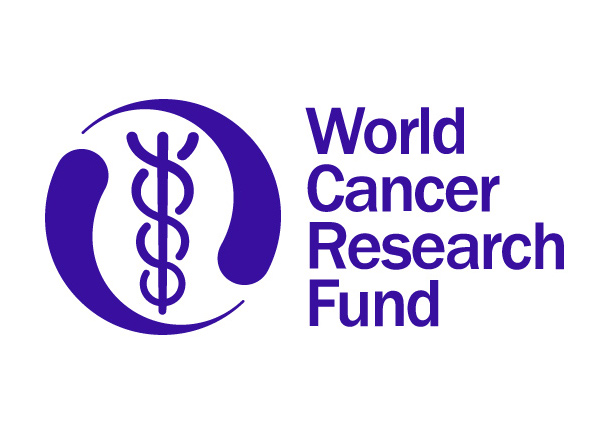- Grant awarded: November 2020
There is consistent evidence that obesity is associated with an increased risk of death from prostate cancer, but the underlying causes are poorly understood. We are very grateful for the support from the WCRF/WKOF that allows us to explore whether a specific timing and other features of weight gain in adulthood are related to prostate cancer risk and survival, and whether insulin resistance-related factors mediate the association between obesity and prostate cancer death.
– Tanja Stocks Charles
Background
The link between obesity and prostate cancer is complex, and may be influenced by prostate cancer screening. However, it is clear that obese men run a greater risk of dying from prostate cancer but the specific reasons are unclear. Weight gain in certain age-periods could come with greater risks, and metabolic changes caused by obesity, such as those related to insulin resistance and impaired glucose control, could be the link between obesity and death from prostate cancer.
Aims and objectives
We aim to investigate whether adult weight gain, overweight and obesity, and specific age at which people are overweight or obesity are related to the risk of:
- prostate cancer by tumour type, and by symptomatic vs. screen-detected prostate cancer,
- prostate cancer death
- whether insulin resistance is involved with the link between obesity and prostate cancer death.
How it will be done
The study will be performed using data from more than 400,000 Swedish men with past health examinations and who have since been tracked in national registers for detection of any prostate cancer diagnosis and death.
We will use 167,101 of the participants to investigate weight changes and age in relation to prostate cancer risk and mortality. Amongst 68,879 participants, with 3545 PCa cases and 418 PCa deaths during follow-up, with data on weight, height, and serum triglycerides and glucose, we will investigate the role of TyG index (a marker for insulin resistance) as a mediator in the BMI-PCa death association. A sub-population with data on insulin, HbA1c and leptin will be analysed with these factors as mediators. The results will show the proportion of the association between obesity and death from PCa explained by insulin-resistance related factors, and the proportion not explained by this pathway.
68,879 of the participants, whose with data on insulin and glucose will be used investigate the role of insulin resistance in the link between weight and prostate cancer death.
Potential impact
Our investigation will clarify the current complex picture of the relationship between obesity and prostate cancer risk. It will also provide knowledge on whether insulin resistance could explain the link between obesity and death from prostate cancer, and whether weight gain at specific ages in adulthood causes a greater risk. The results from our study will provide insights into whether treatment of obesity and prediabetes in prostate cancer patients should be further investigated as a potential strategy for improved prognosis.



